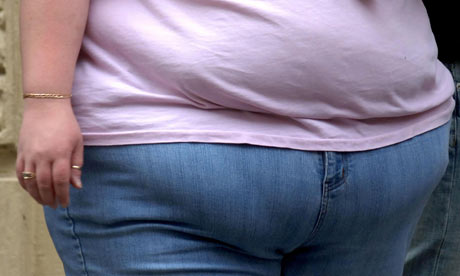
Britain appears to be in the midst of a health crisis with soaring levels of obesity and sharp increases in deaths from drink and drugs, according to figures released today by the Office for National Statistics.
In the latest edition of the ONS's Social Trends report, researchers show that while life expectancy at birth in Britain is expected to continue rising and reach 81.5 years for men in 2021, much of the population faces major health issues.
Although as a country we eat more fruit and vegetables and consume less sugar, there has been a large jump in obesity – with one in four Britons officially regarded as obese compared with one in six in the mid-nineties.
This apparent dark side of Britain's good-time lifestyle has also seen the number of alcohol related deaths more than double since the early nineties.
One-in-five men and one-in-seven women over the age of 16 drink more than double the recommended daily allowance of alcohol once a week, the statistics show.
There are also considerably more reports of deaths linked to drug use than in the recent past. In 2008 there were 897 mentions of heroin and morphine as a cause of death – just over five times higher than in 1993.
The data also reveals the growth of Britain's welfare state. When it was created in 1948 Britain's social security bill in real terms was just £15bn. Today it is £152bn, with 60% of this paid to people of state pension age – reflecting the ageing population.
This growth has not gone unnoticed by the general population with more than half of respondents to attitude surveys in 2008 saying that spending on the unemployed was too high – compared with just over a third 10 years earlier.
A number of other significant social changes over the last four decades are highlighted. Fewer people are getting married and household sizes are shrinking, while the proportion of people living in lone parent households has quadrupled – to 12% – in the past 40 years.
The statistics also draw attention to the changing position of women in society. In 1971 female students in higher and further education made up 40% of the rolls. Less than three decades later the comparable figure is 57%. In the most competitive of arenas – that of full-time postgraduate places – women for the first time took up more places than men in 2008. Combined with rising employment rates and the ability to have more control over their lives, this has led to more women having babies later in life.

